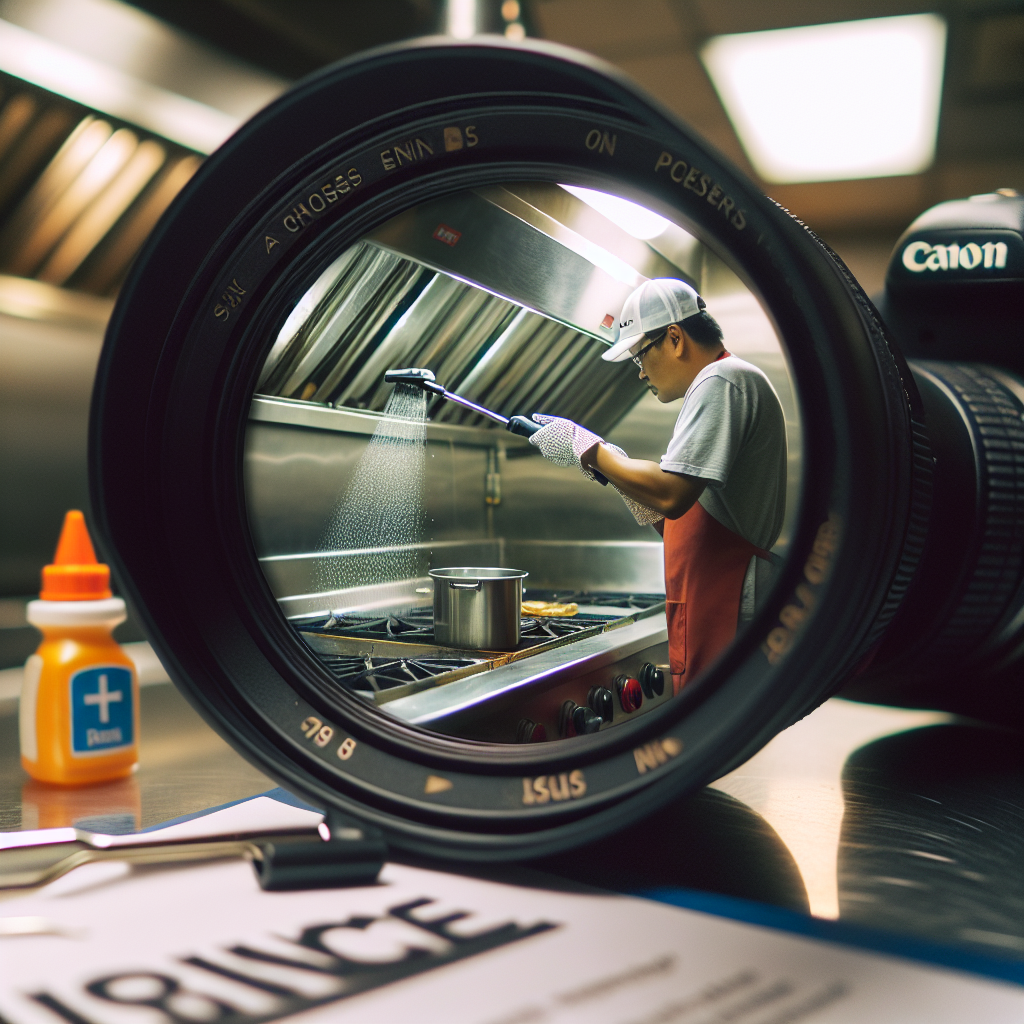Understanding the Importance of Hood Cleaning for Restaurants
Running a restaurant means you’ve got your hands full with managing daily operations, ensuring customer satisfaction, and of course, keeping the kitchen spotless. One of the vital components of kitchen cleanliness that is often overlooked is hood cleaning. But did you know that maintaining a clean hood can also influence your restaurant’s insurance premiums and coverage? This is especially relevant for establishments in Portland ME, where regulations and safety standards are taken seriously.
The Role of Hood Cleaning in Kitchen Safety
A commercial kitchen is a hotbed of activities and hazards. From open flames to greasy surfaces, the risk of fire is a constant companion. Here’s where restaurant hood cleaning comes into play. The primary purpose of hood systems is to collect smoke, steam, grease, and other particles to ensure a clean and safe cooking environment. Regular exhaust hood cleaning is crucial not just for hygiene, but also in minimizing fire risks, a factor that affects your restaurant’s insurance.
How Hood Cleaning Influences Insurance Premiums
Insurance companies perceive risks associated with fire hazards differently based on how well a restaurant maintains its safety standards. Here’s how commercial kitchen hood cleaning can affect insurance premiums:
- Reduced Fire Risk: Regular hood cleaning reduces grease buildup, which is a major fire hazard. Less risk often translates to lower insurance premiums.
- Compliance with Safety Standards: Adhering to local safety regulations and standards can make you eligible for discounts or better terms on your insurance policy.
- Claim History Impact: A well-maintained kitchen reduces the likelihood of fire incidents, thus positively affecting your claims history and resulting in better premium rates.
Insurance Coverage and Compliance
Insurance companies expect restaurants to comply with local and national fire safety standards. Being non-compliant can lead to policy cancellation or claims denial. Here’s how hood cleaning plays a role in compliance:
- Meeting Code Requirements: Many jurisdictions, including Portland ME, have specific codes that mandate regular hood and exhaust cleaning.
- Proof of Maintenance: Insurance companies might require documentation proving consistent cleaning and maintenance records. Failure to provide this could lead to issues when filing claims.
Best Practices for Hood Cleaning
While DIY cleaning might tempt some, hiring professional restaurant hood cleaning services ensures thoroughness and compliance with industry standards. Here are some best practices to consider:
- Schedule Regular Cleanings: Depending on usage, schedule cleanings at regular intervals – monthly, quarterly, or bi-annually.
- Hire Certified Professionals: Ensure that the technicians are certified and experienced in handling commercial kitchen equipment.
- Request Documentation: Always get after-service documentation for your records to keep proof of compliance.
Understanding the Local Perspective: Hood Cleaning in Portland ME
Portland ME, with its thriving culinary scene, has stringent regulations around fire safety and commercial kitchen maintenance. Local fire departments and health inspectors regularly emphasize the importance of exhaust hood cleaning as part of maintaining a safe dining establishment. Restaurants in the area benefit not only from compliance, but also from the mitigation of risks that could lead to potential operational shutdowns or reputational harm.
Final Thoughts on Securing Your Restaurant through Hood Cleaning
Incorporating regular hood cleaning into your restaurant’s maintenance routine is more than just a matter of cleanliness—it’s a pivotal step in safeguarding your business from fire hazards and optimizing your insurance premiums. With the right approach, you can navigate the requirements and turn them into an advantage. For those in Portland ME seeking expertise in this area, companies specializing in restaurant hood cleaning offer valuable services to ensure your kitchen remains compliant and safe.










